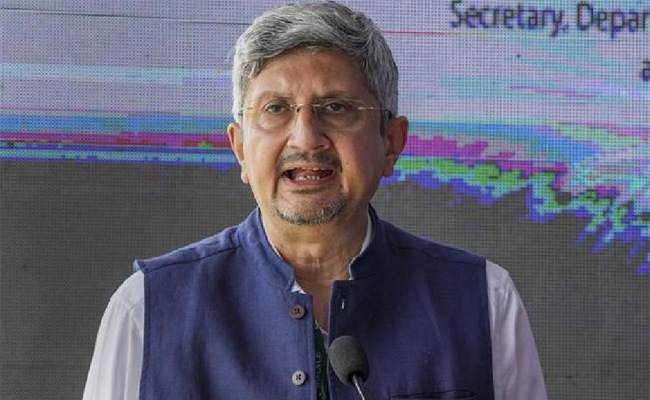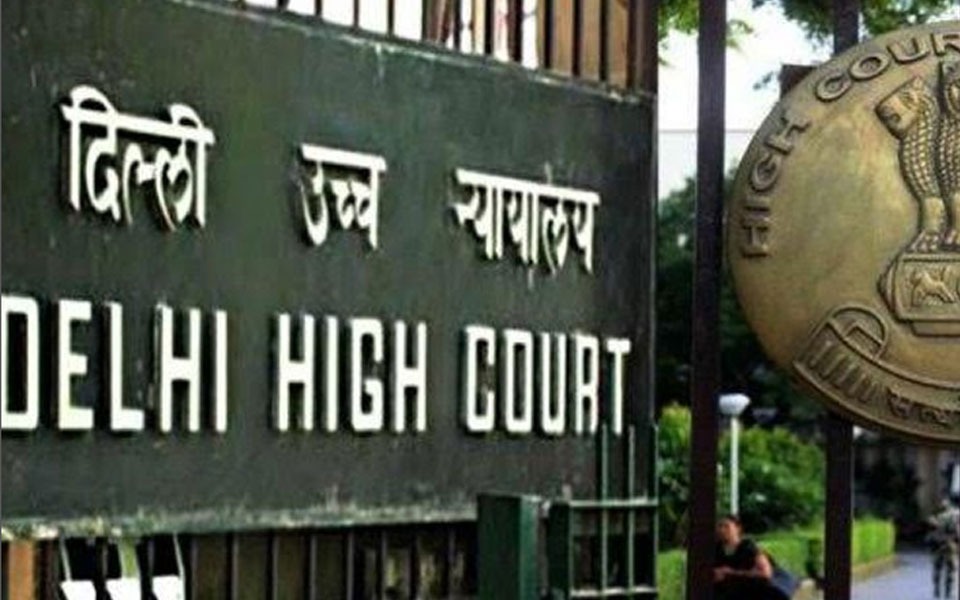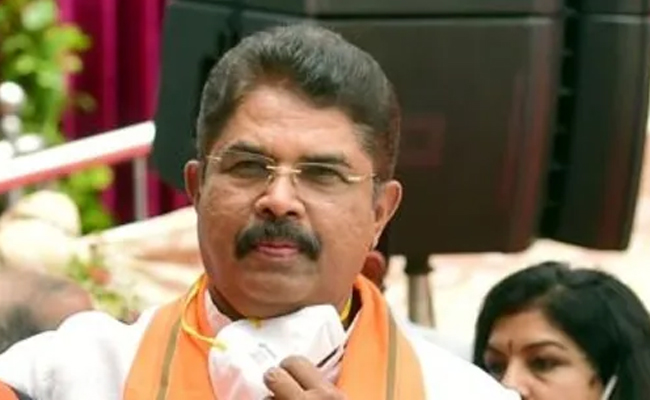Bengaluru: DRDO Chairman Samir V Kamat has highlighted that India is lagging behind by 10-15 years in traditional technologies compared to most countries. Speaking at the 15th Air Chief Marshal LM Khatre Memorial Lecture in Bengaluru, Kamat emphasised the need for academia, DRDO, and industry to work collaboratively rather than in isolation to tackle emerging challenges.
Kamat stressed the importance of capacity-building, particularly in engineering education. He pointed out that while India produces a large number of engineers, many lack the necessary skills for research and development (R&D) work. “We need to upgrade our infrastructure, provide hands-on experience, and pay professors more to equip students for cutting-edge research,” he stated.
Referring to India’s focus on disruptive technologies, Kamat expressed optimism that the country could leapfrog and close the technological gap. He also mentioned that the Advanced Medium Combat Aircraft (AMCA), a twin-engine combat aircraft, is expected to be delivered by 2028.
Kamat discussed the Ministry of Defence's approval of the Technology Development Fund (TDP), which aims to support high-risk projects similar to the US’ Defense Advanced Research Projects Agency (DARPA). He urged for an increase in India’s defence R&D budget, noting that India currently spends 0.65% of its GDP on the sector, far behind the US and China.
Regarding DRDO’s future projects, Kamat mentioned plans for high-end autonomous vehicles, robotic soldiers, and light tanks, the latter of which is in the prototype stage and expected to be delivered to the Indian Army by 2027.
Kamat also reflected on the challenges faced in the development of the Kaveri engine for the Light Combat Aircraft (LCA) - Tejas, calling it a “rookie mistake.” He explained that the engine did not deliver the required thrust, and the mistake was in designing the platform and engine simultaneously, rather than developing a platform around an available engine. To reduce risks in future engine development, DRDO is exploring collaboration with international original equipment manufacturers (OEMs) like Safran, Rolls-Royce, and General Electric. Both Safran and Rolls-Royce have assured that intellectual property will remain with India during collaborative development, which will significantly enhance the country's capabilities.
Let the Truth be known. If you read VB and like VB, please be a VB Supporter and Help us deliver the Truth to one and all.
New Delhi (PTI): The Delhi High Court questioned the city government on Wednesday over its failure to regulate the sale and transfer of used vehicles, while pointing out that in a recent bomb blast near the Red Fort, a second-hand car was used, making the issue more significant.
A bench of Chief Justice Devendra Kumar Upadhyaya and Justice Tushar Rao Gedela asked the Delhi government to file a detailed response on the issue of regulating authorised dealers of registered vehicles.
"A car changes four hands but the original owner has not changed. Therefore, what happens? That man (the original owner) goes to the slaughterhouse? What is this? How are you permitting this? You will take a call when two-three more bomb blasts take place?" the bench asked the Delhi government's counsel.
The bomb blast near the iconic Mughal-era monument was carried out using a second-hand car, making the issue even more significant, it said.
The court listed the matter for further hearing in January 2026.
ALSO READ: Nightclub fire: Goa court remands Luthra brothers in police custody for five days
The court was hearing a public interest litigation (PIL) plea filed by an organisation, Towards Happy Earth Foundation, highlighting the challenges in the implementation of rules 55A to 55H of the Central Motor Vehicles Rules, introduced in December 2022 to regulate authorised dealers of registered vehicles.
While the rules were intended to bring accountability to the second-hand vehicle market, the petitioner's counsel argued that they have failed in practice due to regulatory gaps and procedural hurdles.
The plea said there is a major gap in the amended framework, that is, the absence of any statutory mechanism for reporting dealer-to-dealer transfers.
"In reality, most used vehicles pass through multiple dealers before reaching the final buyer, but the rules recognise only the first transfer to the initial authorised dealer.
"As a result, the chain of custody breaks after the first step, defeating the very purpose of accountability," the petition said.
It added that because of these gaps, only a very small percentage of dealers across India have been able to obtain authorised dealer registration and in Delhi, not a single dealer has got it.
Consequently, lakhs of vehicles continue to circulate without any record of who is actually in possession of those, it said.
The plea said only a small fraction of India's estimated 30,000 to 40,000 used-vehicle dealers are registered under the authorised-dealer framework.
The petition also pointed out that the 11-year-old vehicle used in the November 10 bomb blast near the Red Fort was sold several times but was still registered in its original owner's name.
The blast near the Red Fort had claimed 15 lives.





